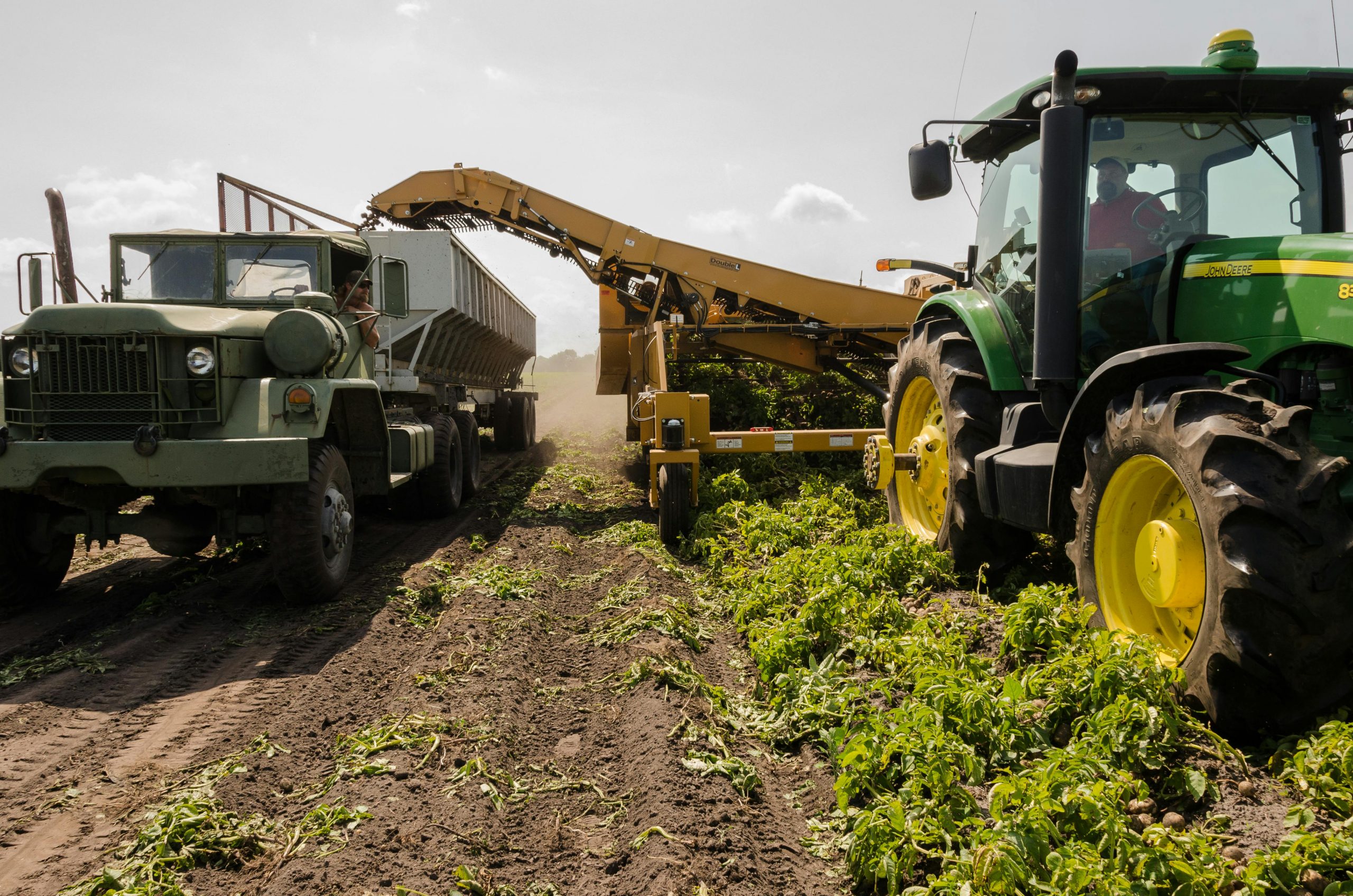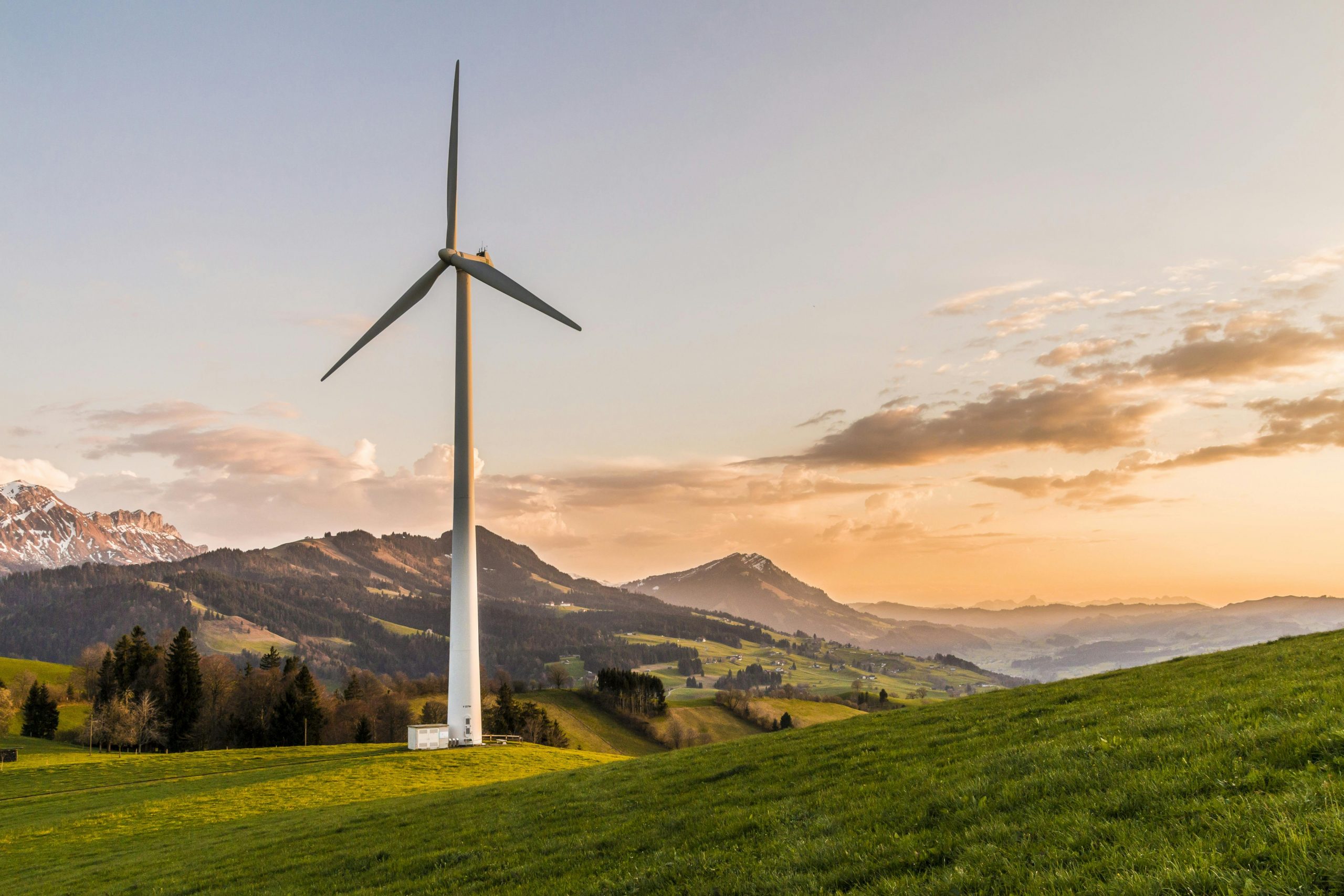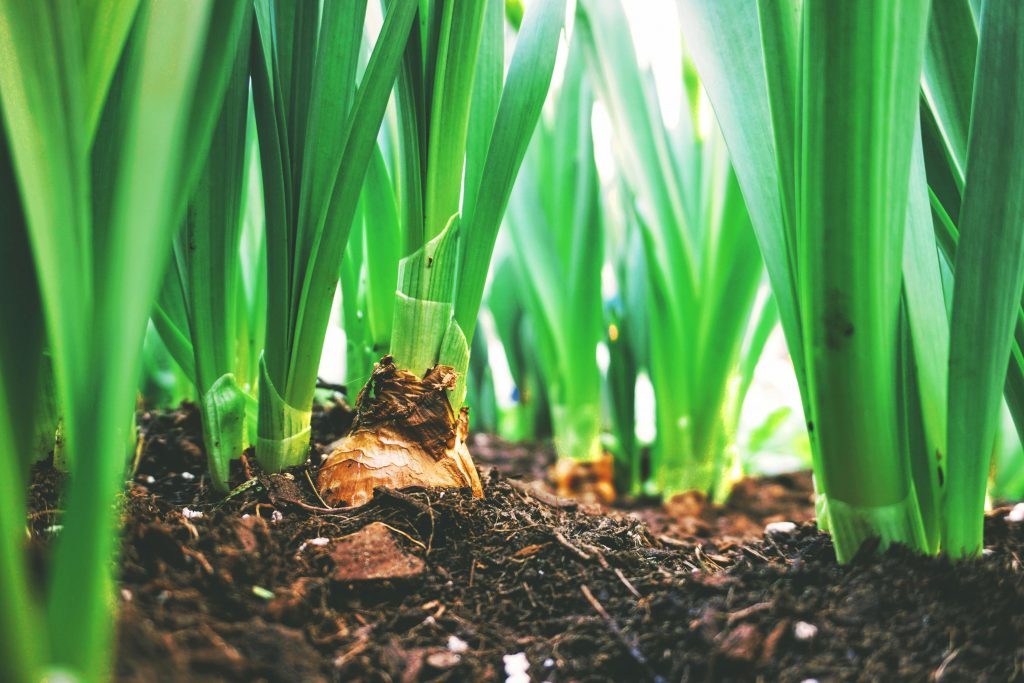- Drip irrigation systems improve water efficiency by delivering it directly to plant bases, reducing evaporation.
- Rainwater and field runoff capture are vital in arid regions, supplementing scarce water resources effectively.
- Precision irrigation, aided by smart farming, dynamically adjusts to soil moisture, preventing erosion and salinization.
- Sustainable agriculture promises a future of healthier soils, cleaner water, and more resilient crop production.
- Innovation and willingness to adapt are crucial for building a sustainable legacy for future generations.
The agriculture industry stands at a critical crossroads in an age where the specter of climate change looms large and resources grow scarce. Its decisions and innovations have far-reaching implications for our environment, food security, and economy. Sustainability has transitioned from a buzzword to a necessity, compelling the industry to reexamine its practices and make conscientious choices. This post will explore how the agriculture industry can enhance efficiency without compromising the earth’s resources.
The Role of Technology in Sustainable Agriculture
Advancements in technology have transformed modern agriculture and opened doors to a more sustainable future for the industry. From drones and farm management software to precision irrigation systems, technology is optimizing efficiency and minimizing waste.

Precision Agriculture
Precision agriculture employs various technologies to observe, measure, and respond to variability within fields. By using tools like GPS-guided tractors and sensors that track soil conditions and crop health, farmers can tailor their practices to the specific needs of their land, reducing unnecessary fertilizer and pesticide use and conserving resources.
Renewable Energy Sources
The agriculture industry is one of the largest users of energy globally. By transitioning to renewable sources like solar and wind, farmers can reduce their carbon footprint and energy bills. Bioenergy, derived from organic materials, can also be harnessed to power farm equipment, further bolstering sustainability efforts.
Water Management Techniques
Water scarcity is an escalating issue, particularly in agriculture, where it is a critical input. Smart irrigation methods such as drip and sprinkler systems, combined with techniques like well drilling for localized water access, enable farmers to use water more efficiently, safeguarding this precious resource for the future. Hiring reputable water well drilling services is essential for properly managing and extracting water from underground sources.
Smart Farming Applications
Internet of Things (IoT) devices, drones, and artificial intelligence (AI) are key components of the smart farming revolution. These tools can monitor crop growth, climate conditions, and real-time equipment performance, allowing immediate, data-driven decisions that optimize resources and yields.
Adoption of Ecological Practices
Beyond technology, ecological strategies play a pivotal role in creating a sustainable agricultural landscape. Practices like crop rotation, organic farming, and conservation tillage enhance soil health and reduce the industry’s environmental impact.
Precision Agriculture
Precision agriculture is a game-changer in the quest for sustainability. It doesn’t just cut down on wasteful farming practices; it also enhances productivity by ensuring that fields are used to their maximum potential.
Technology at the Ground Level
GPS technology and data analytics provide farmers with unparalleled maps of their fields, which inform sowing patterns, pesticide application, and harvest timing. The precision of these practices translates to less environmental pollution from agricultural runoff and sprays, safeguarding biodiversity in surrounding ecosystems.
The Fertilization Revolution
Farmers can apply fertilizers more judiciously by employing variable-rate technology. This ensures that crops receive the nutrients they need precisely when and where. This nuanced approach prevents over-application and leaching, protecting water quality and minimizing the greenhouse gas potential of excess fertilizers.
Renewable Energy Sources
The integration of renewable energy sources is crucial in reducing agriculture’s climate impact. By harnessing the power of the sun, wind, and organic matter, farming can become not just a consumer of energy but a producer of it as well.
Solar Solutions for Agriculture
In the sun-drenched fields, solar panels are becoming a common sight. Solar energy can power everything from small-scale water pumps to entire processing plants, freeing farmers from the fluctuations of fossil fuel prices and contributing to a more stable energy grid.

The Winds of Change
Wind turbines, too, are making their mark on agriculture. Wind energy can be especially beneficial to farm communities, providing a stable, long-term source of income while supplying clean, renewable power.
Energy from Biomass
Bioenergy from organic materials offers a sustainable alternative to traditional fuel sources. By converting agricultural waste and dedicated energy crops into biofuels, farmers can help close the energy use loop, contributing to a circular economy.
Water Management Techniques
Water is life, and in agriculture, it is fundamental. Sustainable water management is about using every drop efficiently without sacrificing crop yield or quality.
The Drip on Wasteful Water Use
Drip irrigation systems deliver water directly to the base of plants, avoiding evaporation and ensuring that every plant gets just the right amount of water. These systems can be fine-tuned with data from soil sensors, creating an optimal environment for plant growth while conserving water.
The Harvesting of Rain and Runoff
Capturing rainwater or field runoff can be a simple yet effective strategy for supplementing water supplies, especially in drier regions. Techniques like rain gardens and catchment basins can store water for later use, reducing reliance on scarce water sources.
The Role of Precision in Irrigation
By integrating precision irrigation techniques with smart farming applications, farmers can create a dynamic system that responds in real-time to changing moisture conditions, further refining their water use and reducing the risk of soil erosion and salinization. This level of precision also enables farmers to tailor irrigation to specific crop needs, increasing efficiency and minimizing water waste.
Conclusion
The future of sustainable agriculture is not just a possibility; it is an imperative, and it is within our grasp. It will require vision, determination, and a willingness to innovate, but the rewards are great. The benefits of a sustainable agriculture industry extend far beyond the farm, from healthier soils to cleaner water and more resilient crops to more secure futures. It is a legacy worth building that future generations will be grateful to inherit.







